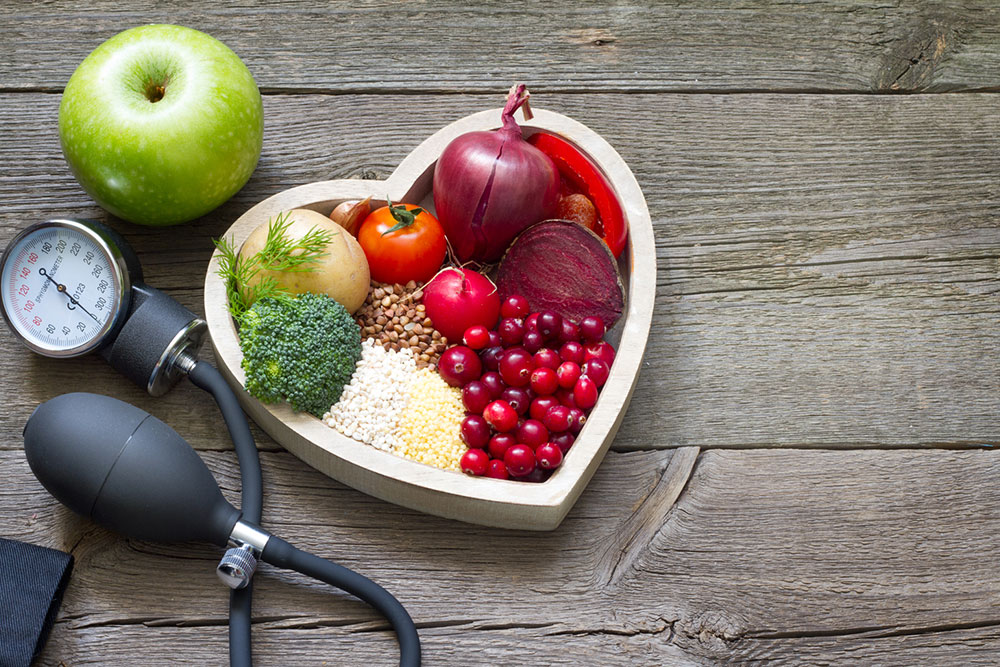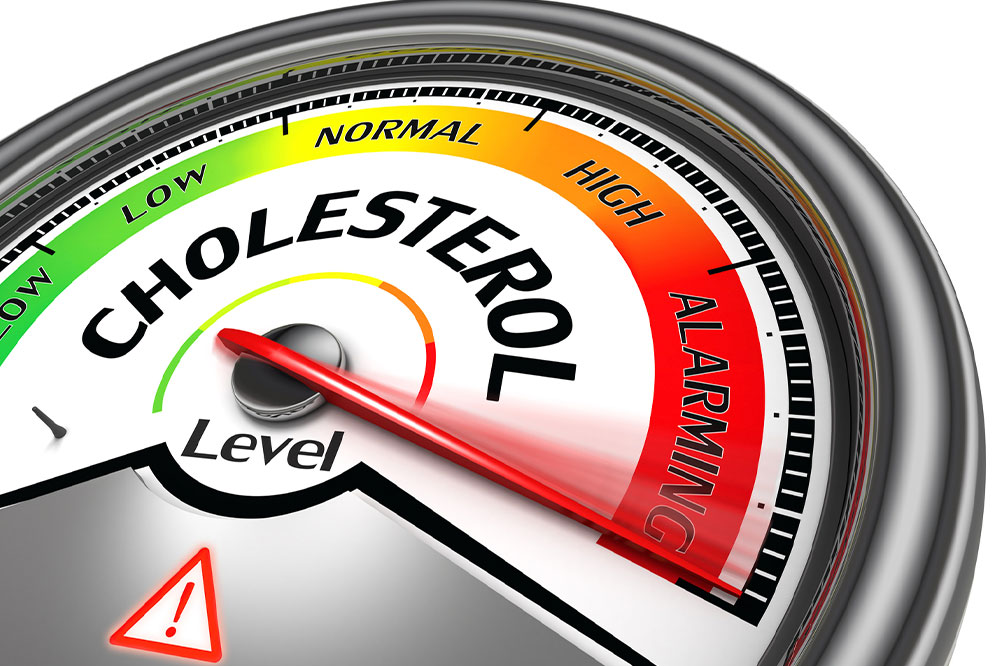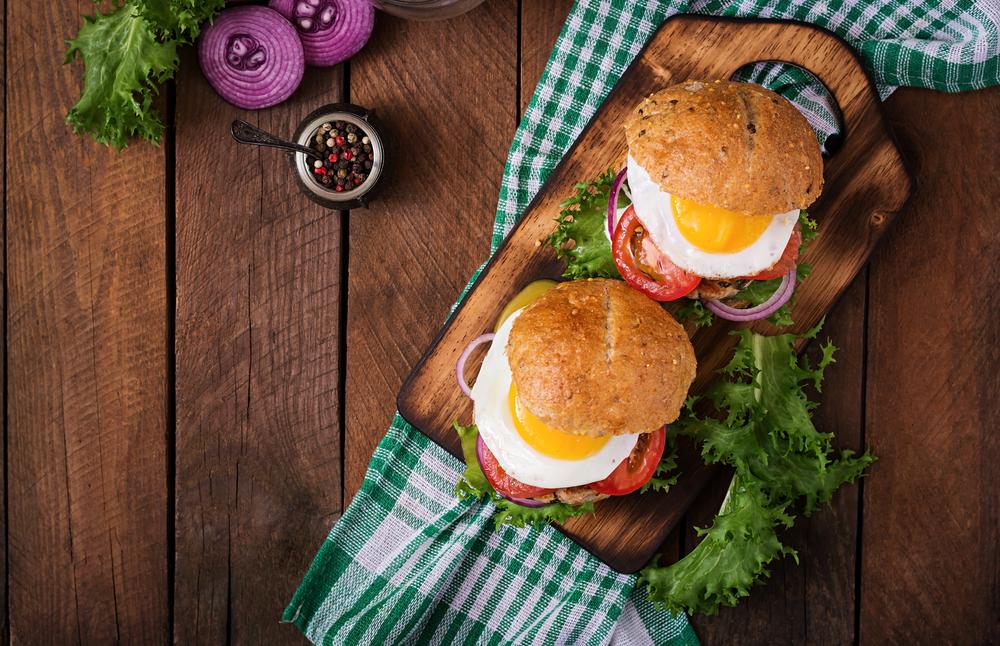Proven Methods to Increase Your Healthy HDL Cholesterol
Discover effective natural strategies to elevate your HDL cholesterol, essential for heart health. Learn about diet adjustments, exercise routines, and lifestyle changes that can help increase good cholesterol levels and reduce cardiovascular risks. Implementing these proven tips can significantly improve your overall cholesterol profile and promote a healthier heart.

Proven Methods to Increase Your Healthy HDL Cholesterol
Not all cholesterol poses health risks. HDL (High-density lipoprotein), known as the "good" cholesterol, offers important health benefits. Higher HDL levels facilitate the removal of excess cholesterol from arteries to the liver, aiding in detoxification. Elevated HDL also has anti-inflammatory and antioxidant effects, reducing heart disease risk. A blood test is necessary to determine your cholesterol status.
Healthcare professionals recommend HDL levels of at least 50 mg/dl for women and 40 mg/dl for men. Levels lower than this can lead to increased LDL accumulation and higher cardiovascular risk. To optimize your cholesterol profile, implement these effective, natural strategies to raise your HDL levels.
Follow a low-carb or ketogenic diet
These diets help regulate blood sugar and support weight control, which can boost HDL levels. Focus on foods rich in healthy fats, such as fish like salmon, nuts, and plant-based oils. Small, mindful portions benefit those managing metabolic conditions like diabetes and obesity.
Add olive oil to your meals
Olive oil, especially extra virgin, contains monounsaturated fats and polyphenols that promote heart health by boosting HDL’s antioxidant and anti-inflammatory activities.
Engage in regular physical activity
Aerobic, high-intensity, and strength training exercises are effective in increasing HDL levels. High-intensity interval training (HIIT) and circuit workouts have been shown to enhance good cholesterol and its protective properties. Even moderate exercise offers significant health benefits.
Stop smoking
Quitting smoking improves HDL levels and overall cardiovascular function. It reduces inflammation and promotes better cholesterol balance, contributing to a healthier heart environment.
Consume purple-hued fruits and vegetables
Blueberries, eggplant, blackberries, and red cabbage contain anthocyanins—antioxidants that combat cell damage, reduce inflammation, and support increased HDL levels.
In addition to these guidelines, incorporating fatty fish, coconut oil, and avoiding artificial trans fats can further improve your cholesterol profile. While genetics do play a role, lifestyle adjustments remain a powerful way to naturally enhance your "good" cholesterol and protect your heart.


